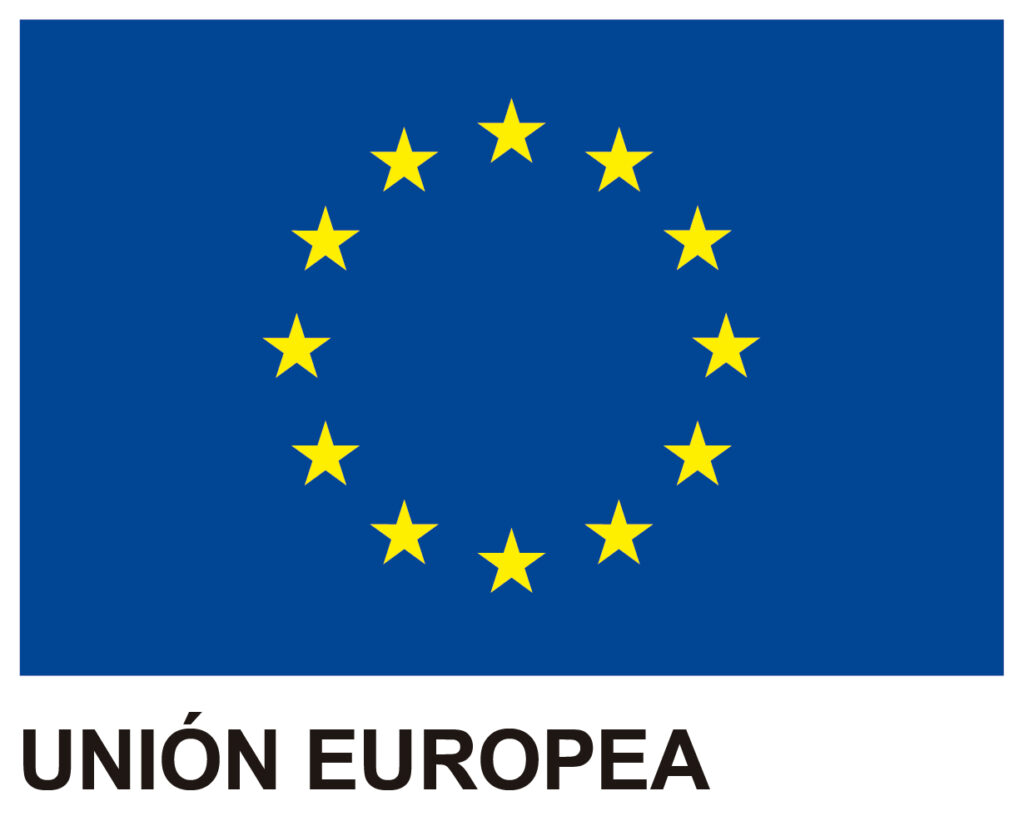The publication of the new European non-financial reporting standards, known as ESRS (European Sustainability Reporting Standards), has marked a milestone on the path towards a more sustainable and transparent economy and society. These new standards seek to establish a common and mandatory framework for companies to report their environmental, social, and governance (ESG) performance and comply with their new non-financial information reporting obligations in accordance with the new EU Corporate Sustainability Reporting Directive (CSRD).
What are ESRS and why are They Important?
Los ESRS son un conjunto de requerimientos detallados de información que deben revelar las empresas sobre su desempeño e impactos en materia ESG. Estos estándares tienen como objetivo:
- Una mayor transparencia: Las empresas deberán informar de manera clara y concisa sobre sus prácticas sostenibles, facilitando a los inversores, consumidores y otros stakeholders una toma de decisiones más informada.
- Mejorar la comparabilidad: Al establecer un lenguaje común y estandarizar las métricas, los ESRS permiten comparar el desempeño de diferentes empresas en materia de sostenibilidad.
- Aumentar la responsabilidad empresarial: Las empresas incluidas en el ámbito de aplicación de estos estándares deberán ser más responsables en lo que respecta a su desempeño e impactos ESG, lo que incentivará a adoptar prácticas más sostenibles.
- Promover la contribución a los Objetivos de Desarrollo Sostenible (ODS): Los ESRS contribuyen a todos los ODS, promoviendo un desarrollo económico más inclusivo y sostenible.
Obligation to Report According to ESRS
All companies subject to the Corporate Sustainability Reporting Directive or CSRD will have the obligation to prepare their sustainability reports in accordance with the European Sustainability Reporting Standards (ESRS).
ESRS impose specific reporting obligations on companies, which vary depending on size and sector of activity. The application of this Directive, and therefore of the ESRS, will be phased in as follows:
- In 2025 for the 2024 financial year: large companies already subject to the old NFRD with more than 500 employees will start reporting.
- In 2026 for the 2025 financial year: large companies not currently subject to the NFRD that meet two of the following three criteria will start reporting: 250 employees, 40 million euros in net turnover, or 20 million euros on the balance sheet.
- In 2027 for the 2026 financial year: listed small and medium-sized enterprises (SMEs) that meet two of the following three criteria will start reporting: between 10 and 250 employees, between 700 thousand and 40 million euros in net turnover, between 350 thousand and 20 million euros on the balance sheet.
In 2029 for the 2028 financial year: non-EU companies with a net turnover of 150 million euros and at least one subsidiary or branch in the EU that exceeds certain business thresholds will start reporting.
Content of ESRS
Double Materiality Analysis
First, it should be noted that these standards require organizations to conduct the so-called Double Materiality Analysis, in which the company must prioritize sustainability matters or topics based on their impact on the company, its stakeholders, and their financial impact on the company. For this, a series of requirements or recommendations are established, allowing obligated subjects to choose the methodology that best suits their specific situation.
In this sense, ESRS establish a list of issues or matters to analyze, which must be completed with as many material issues as the company in question deems appropriate. Likewise, the company must strive to identify all its stakeholders. After this identification, each stakeholder group must be consulted to evaluate the impact of each listed material issue. Similarly, the company (typically, partners and investors) should evaluate the impact that each listed sustainability issue may have on the organization’s financial results. In this way, a double materiality matrix is obtained, which allows prioritizing the issues of greatest relative importance, these being the issues that will require greater development and prominence in the sustainability report.
Cross-cutting Standards and Thematic Standards
ESRS are divided into different blocks, within which we can differentiate cross-cutting blocks (applicable to all sustainability issues to be reported) and thematic blocks (applicable to sustainability issues related to certain environmental, social, and governance matters). Below are all the cross-cutting and thematic blocks:
Cross-cutting Blocks or General Requirements:
- ESRS 1: General requirements.
- ESRS 2: General disclosures.
Thematic blocks
Environment:
- ESRS E1: Climate.
- ESRS E2: Pollution.
- ESRS E3: Water and marine resources.
- ESRS E4: Biodiversity and ecosystems.
- ESRS E5: Resource use and circular economy.
Social:
- ESRS S1: Own workforce.
- ESRS S2: Workers in the value chain.
- ESRS S3: Affected communities.
- ESRS S4: Consumers and end-users.
Governance:
- ESRS G1: Business conduct.
Within each block, the standards require the collection and disclosure of information about the organization’s impacts along the value chain (from raw material extraction to end-of-life of products, for example), as well as plans and strategies to address related risks and opportunities, and quantitative and qualitative indicators, combining numerical data and narrative descriptions about business performance in each reported sustainability issue. Consequently, we can conclude that each block of standards requires information at three levels:
- Results of the materiality analysis and the analysis of risks, opportunities, and incidents.
- Design and implementation of policies, objectives, action plans, and resource allocation to manage the results obtained.
- Monitoring and effectiveness of these actions, based on specific qualitative, quantitative, and descriptive indicators.
How Can We Help You Comply with ESRS?
Los ESRS presentan tanto desafíos como oportunidades para las empresas. Por una parte, las empresas deben adaptarse a estos nuevos requisitos y realizar inversiones en tecnología y personal, ya sea propio o externo, para poder gestionar el aumento de la complejidad del reporte de los informes de sostenibilidad. Por otro lado, la adecuación a los nuevos estándares aporta a las empresas una visión pormenorizada de su desempeño ambiental, social y de gobernanza, facilitando la identificación de riesgos y oportunidades en este sentido. Además, un informe exhaustivo de sostenibilidad puede suponer una diferenciación competitiva, mejora la reputación y aumenta la capacidad de atraer a nuevos inversores, socios o clientes.
Para prepararse para la implementación de los ESRS, las empresas deberán:
- Realizar una evaluación de su situación actual: Identificar las brechas existentes en materia de ESG y establecer un plan de acción de mejora.
- Formar al personal y capacitarles en los nuevos requisitos y en las nuevas metodologías de reporting ESG.
- Invertir en herramientas y software para recopilar, analizar y gestionar de forma automatizada la gran cantidad de información sobre la que se ha de trabajar para configurar el informe de sostenibilidad.
- Colaborar con expertos, buscando asesoramiento de consultores especializados en sostenibilidad para garantizar el cumplimiento de los estándares.
A través de nuestra herramienta GlobalSuite®, podrás automatizar los procesos en varios aspectos cruciales:
- Permitiendo recabar la información relativa al contenido de los ESRS de una forma ágil, sencilla y organizada.
- Realizando el análisis de materialidad o importancia relativa.
- Ayudando en la gestión eficaz de este proceso, simplificando el proceso de valoración de las cuestiones de doble materialidad o importancia relativa por parte de la empresa y sus grupos de interés. Además, una vez llevado a cabo este análisis, GlobalSuite® creará un mapa de materialidad que refleje la importancia relativa de los temas evaluados.
- Facilitando la realización del análisis de riesgos y oportunidades, así como el diseño y gestión de los controles en materia de ESG.
- Generando los planes de acción y su seguimiento a través de indicadores y métricas de sostenibilidad.
Programa una llamada individual con nuestros expertos para conocer cómo nuestras soluciones pueden adaptarse a las necesidades específicas de tu organización y asegurar el cumplimiento en lo referente con los ESRS.



